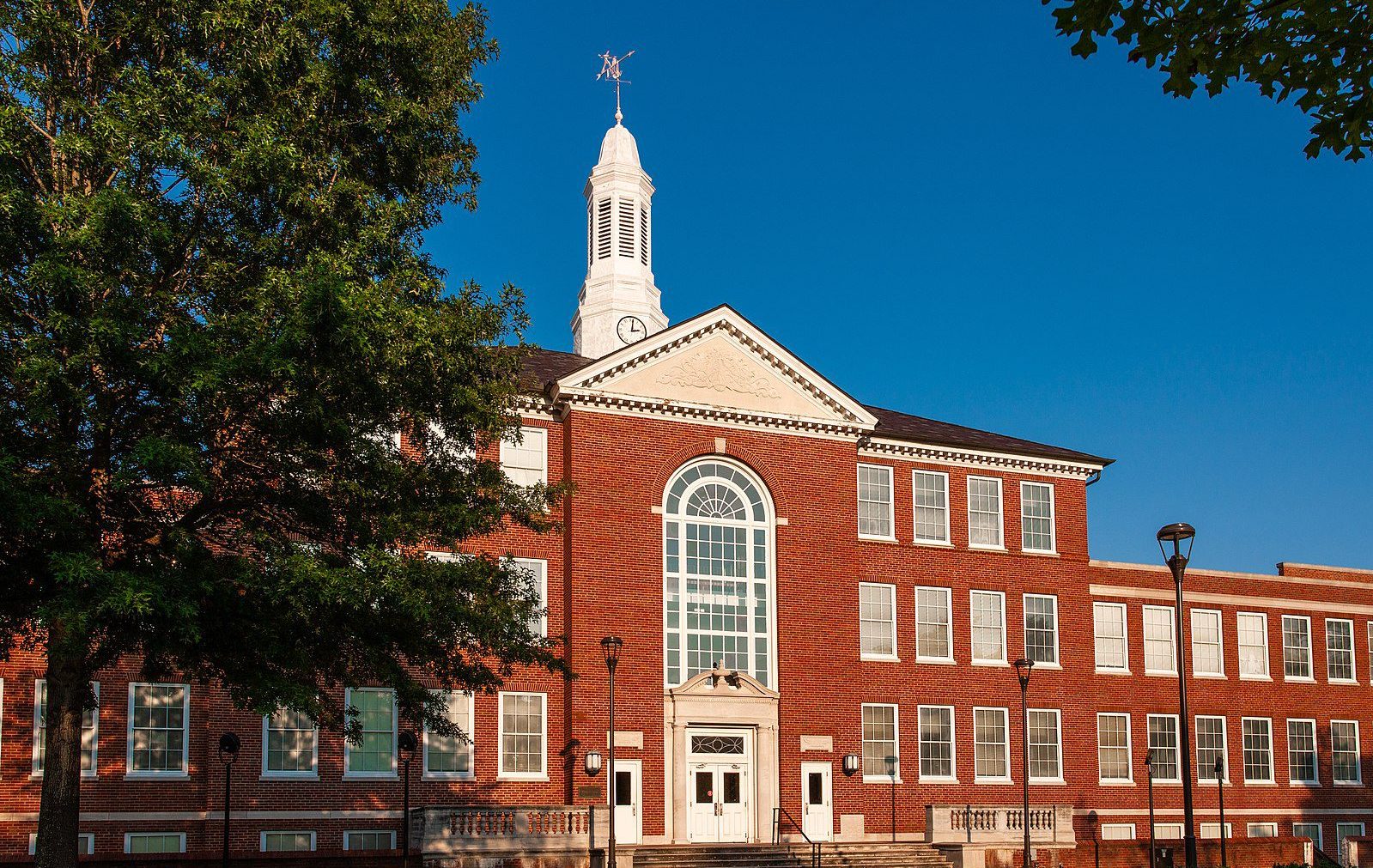Ending the College Bottleneck

A few weeks ago, I wrote a piece for The Hill arguing against a proposed expansion of the Pell Grant program under the Biden administration’s Build Back Better bill. This program provides tuition grants to low-income students based solely on student need. I argued that the less than 50 percent graduation rate of Pell Grant recipients demonstrated the program wasn’t giving the kind of opportunities it claimed to provide, and that low-income students would be better served by policies that encourage alternatives to traditional higher education.
In response, I received significant pushback—vitriol would be a more appropriate word—from higher-education policymakers and administrators. They implied that my support for alternatives to the higher education system was actually driven by a desire to withhold opportunities from low-income students. After all, college graduates earn higher wages than non-college graduates, so anyone who discourages college education for all must want the poor to stay poor, right?
This argument doesn’t hold up to even the most superficial inspection. One could just as easily say that since investment bankers earn more than workers in other professions, anyone who discourages investment banking as a career for everyone must want the poor to stay poor. This is a ridiculous argument—an economy needs more types of workers than just investment bankers. But this type of thinking permeates our conversations about higher education. Many justifications for expanding higher-education funding implicitly rest on the premise that the economy needs only college-educated workers, making college a bottleneck to success from which a few emerge triumphant and the rest are doomed to failure.
As an immigrant from India, this type of one-track thinking is unfortunately all too familiar to me. Most Americans have heard the stereotype that all Indians are engineers. This stereotype is not entirely true—after all, I am not an engineer—but it contains a seed of truth, and reflects the unique history of the Indian economy in the 20th century. The “one-track” mindset in India led to significant misallocation of talents and resources, along with a stifling economic system that left many behind.
Though engineering had been considered a prestigious career path prior to India’s independence from Britain in the 1940s, its prestige was heightened under Prime Minister Jawaharlal Nehru’s leadership. Nehru, who was influenced by socialist thought, nationalized many Indian industries. He also established the prestigious Indian Institute of Technology (IIT), intended to train future engineers who would engage in “nation-building.” These engineers would be employed in government-run-industrialization projects, earning wages far higher than workers in other sectors of the economy.
Parents and teachers responded accordingly, encouraging children to train for those fields. Why would you encourage a child to pursue a different career, knowing it could lead to lifelong financial struggle?
The parents were not wrong, the teachers were not wrong, and those who reinforced their advice were not wrong. The system was wrong.
After decades of producing engineers at a level the world had never seen, India discovered it had too many of them. While India graduates 1.5 million engineering students annually, less than a quarter attain jobs in core engineering sectors like the software and electronic industries. Due to the lack of domestic opportunity, many top engineers left for other countries. And this was only for those who managed to become engineers — students who failed to perform adequately on college entrance exams endured lifelong employment hardships and familial shame.
America, the “land of opportunity,” is different from India—that’s why my family chose to come here in the first place. America is the place where Andrew Carnegie became the world’s greatest steel magnate with little formal education, and John Rockefeller became the richest man in the world with a ten-week bookkeeping course at a local high school. Yet I fear that college in America is becoming like engineering in India: a system far too narrow to create the opportunities our children need.
This is not a prophecy of far-away doom. The widespread misallocation of talent is already here: Forty percent of recent college graduates are underemployed. At least 20 percent are still underemployed a decade after graduation. As I documented in my interviews with American students in my report, Priced Out: What College Costs America, students are feeling the effects. As one college graduate put it, “We got [sic] too many jobs that are asking for bachelor’s degrees that really don’t need it.”
Just as every Indian child doesn’t need to become an engineer, not every American child needs a college education. A college education is for “higher learning,” or learning above that which is necessary to be a good and productive citizen. That necessary base of knowledge should be given to children in the K-12 system, which is provided to all, free of charge. After this, higher education should be just one of many pathways to success and dignity in adulthood. Others include trade and vocational training, apprenticeships, entrepreneurial endeavors, and simply entering the workforce.
When the term “American Dream” was first coined by James Truslow Adams in the year 1931, less than five percent of American adults had a college degree. Adams himself emphasized that opportunity should be “for each according to ability or achievement.” The fact that people have different talents and abilities and therefore need a variety of options seems to be lost on today’s higher-education establishment. We already pay a steep price for this through rapidly rising tuition, ballooning student debt, and constant demands for more funding for higher-education bureaucracies. Before we experience economic hardship like that of 20th-century India, we need to end the college bottleneck and provide pathways to success that acknowledge the diverse talents and abilities of the American people.
Neetu Arnold is a senior research associate with the National Association of Scholars and author of Priced Out: What College Costs America. Follow her on Twitter @neetu_arnold.
Comments